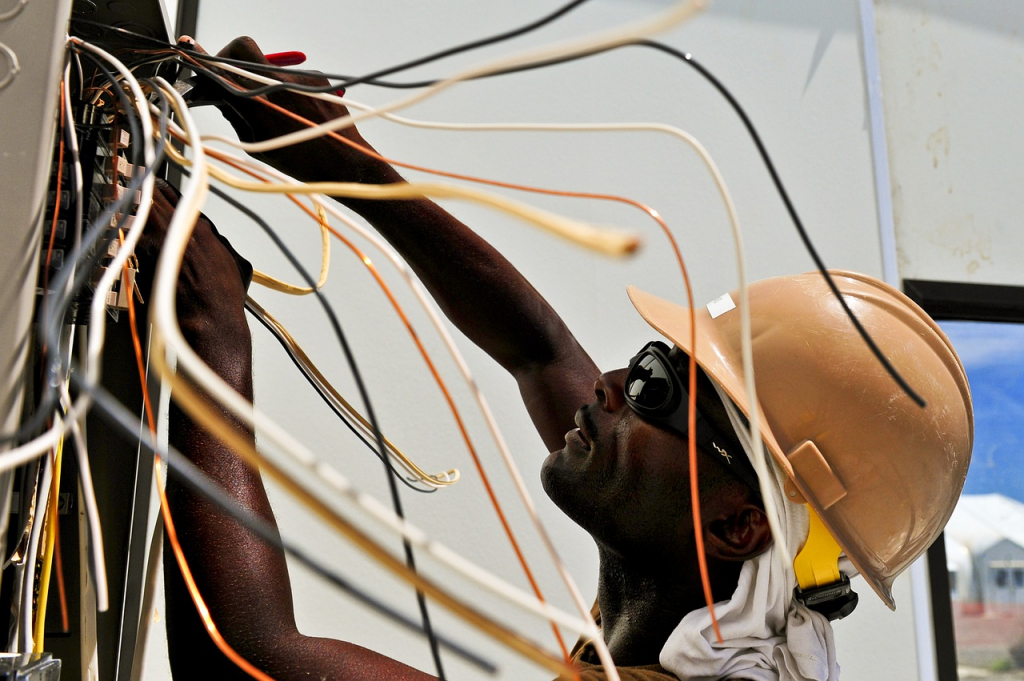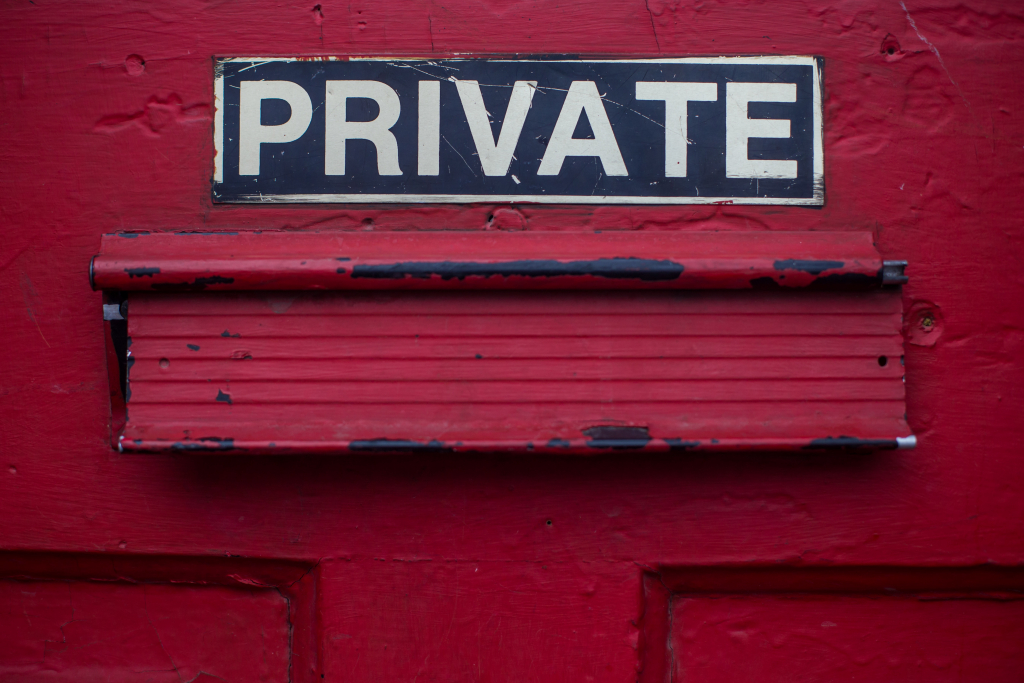There have been a lot of cases when tenants encounter a landlord that is impossible to deal with and lacks business courtesy; some overcharged tenants, while some are just irresponsible and negligent.
To attain longevity in the rental housing business, a landlord must act within the ethical standards of society. Here are a few examples of how you can become an ethical landlord.
Be responsive and easily accessible.
Problems are bound to arise and even your tenant knows that. As a landlord, you should keep your line open to your tenants so that they would be able to inform you immediately if there are problems that need to be addressed.

Even if you still don’t know how to solve the issue raised by the tenant, assure him that you listened to him and that you will figure out the best solution. Keep him updated on the course of action you’re going to take.
Most of the time, it’s not the problem that annoys tenants the most, but rather how their landlord responds to it.
However, this does not mean you have to heed every request or that they can call you even in the middle of the night.
Make sure that you establish it from the very beginning of what your obligations are as a landlord and if possible, set the best time of day when you are available to entertain their calls.
Do not delay repairs and maintenance.
One of the main responsibilities of a landlord is to perform repairs for damages and conduct routine maintenance checks and procedures. It is your duty as agreed upon in the leasing agreement.
Neglecting that responsibility can lead to tenant lawsuits. An ethical landlord promptly acts on repair and maintenance requests, as best as they can.

Having a directory of nearby service providers can help a landlord easily have damages fixed.
However, some repairs and maintenance are the responsibility of the tenant. Make sure that it is written in the lease contract and the tenant is aware of them.
Related article: Your Tenant’s Repair and Maintenance Responsibility
Be open to compromise.
You have all the right to your rental property in terms of regulations you put in place to successfully manage it.
But there are instances (e.g. coronavirus situation) when you have to be open to bend the rules a bit; compromise and have human consideration.
Related articles: What Landlords Can Do in the time of COVID-19
Related articles: Business Operation in the Time of Coronavirus: A Landlord’s Guide
Respect your tenant’s privacy.

Conduct maintenance inspections only on the schedules agreed upon in the contract. Even though you own the unit, once they rent it, it becomes their private space.
You should also protect the personal information that they provided to you for you to review during the screening process. This includes bank records, credit history, etc.
Related article: Respecting Tenant’s Privacy
Deal with money matters fairly.
Money is a very sensitive subject. Make sure that the amount of rent and security deposits you collect should be within the allowed limit stipulated in federal and state laws.

You should also not charge fees for non-existent services or amenities. And security deposits must be returned on time.
If you are under government housing programs like Section 8, you should also follow their conditions, which mainly include rent control.
To be an ethical tenant, you have to have the capacity to self-evaluate. Make sure that in all your transactions, you always do things in the fair, kind, and right way.
You may able to market your units to thousands of home hunters by posting your listings in property management platforms like Padleads.com, and you could get a lot of strong leads. However, if you don’t ethically perform your landlord duties, you’re more likely to eventually deal with constant vacancies and a stained reputation.